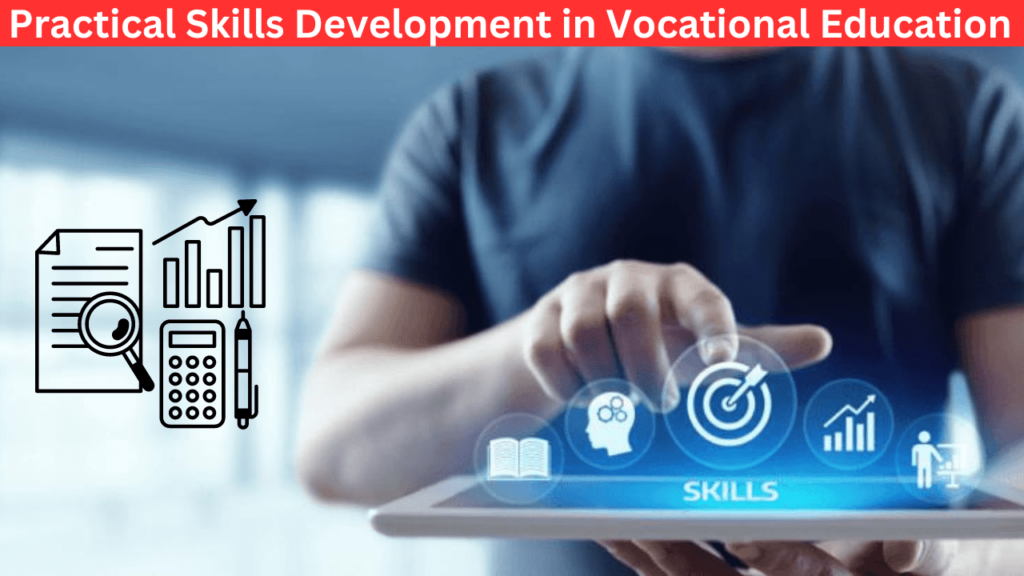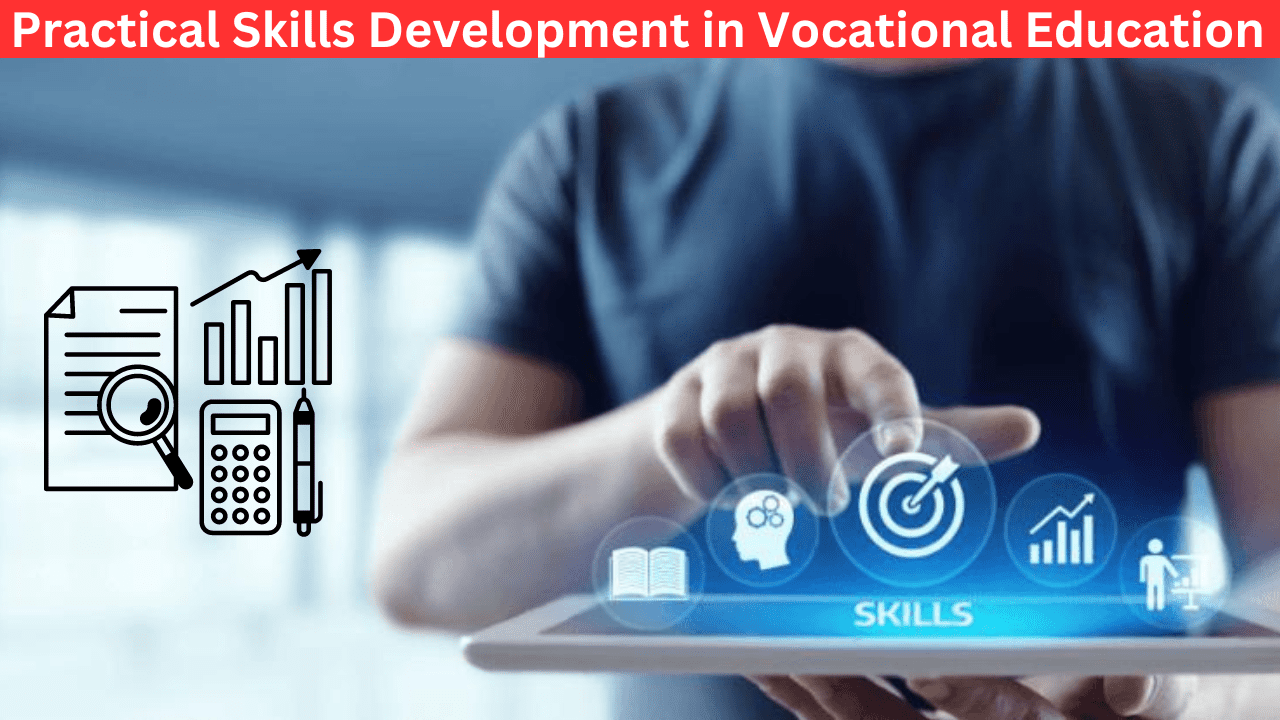
Vocational education plays a crucial role in preparing students for real-world careers by equipping them with practical skills. While traditional academic subjects are important, practical skills development is equally essential for students to succeed in the modern job market. In this article, we will delve into the significance of practical skills in vocational education, explore the benefits it offers, and discuss effective strategies for fostering practical skills development in vocational programs.
The Importance of Practical Skills in Vocational Education
Vocational education focuses on providing students with job-specific skills and knowledge that directly align with industry needs. Practical skills development forms the foundation of vocational education, allowing students to acquire hands-on experience and expertise in their chosen fields. These skills enable students to bridge the gap between theory and practice, making them job-ready upon graduation.
By emphasizing practical skills, vocational education institutions foster a student-centered learning environment. Students are actively engaged in their education, honing their abilities through applied learning, simulations, and real-world projects. This approach enables them to develop critical thinking, problem-solving, and decision-making skills, which are essential for success in their future careers.
Benefits of Practical Skills Development
Enhanced Employability:
One of the primary advantages of practical skills development in vocational education is improved employability. Employers value candidates who possess hands-on experience and can immediately contribute to the workplace. Practical skills give vocational education graduates a competitive edge, making them more desirable to potential employers.
Seamless Transition to the Workforce:
Practical skills development ensures a seamless transition from education to the workforce. Students who have undergone vocational training are better prepared to handle the challenges of their respective industries. They possess the practical know-how and familiarity with industry-specific tools and techniques, making their integration into the workforce smoother.
Increased Confidence and Independence:
Practical skills development instills confidence in students, allowing them to tackle real-world tasks with self-assurance. Through practical training, students gain independence, as they can work autonomously and make informed decisions. This sense of confidence and independence empowers vocational education graduates to excel in their careers and take on leadership roles.
Strategies for Fostering Practical Skills Development
Hands-on Training and Simulations:
Vocational education programs should prioritize hands-on training and simulations to provide students with practical experiences. By utilizing industry-standard equipment and replicating real-world scenarios, students can gain valuable skills in a controlled environment. Simulations allow them to practice and refine their abilities before entering the workforce.
Work-Based Learning:
Collaborating with local businesses and organizations for work-based learning opportunities is another effective strategy. This can involve internships, apprenticeships, or cooperative education programs. By working directly with professionals in the field, students can apply their skills in real-world settings, gain industry insights, and build professional networks.
Industry-Experienced Instructors:
Qualified instructors with industry experience play a pivotal role in practical skills development. These instructors can share real-life examples, best practices, and industry trends, providing students with valuable insights into their chosen professions. Additionally, guest lectures and workshops by industry experts can expose students to diverse perspectives and enhance their practical knowledge.
Project-Based Learning:
Implementing project-based learning approaches encourages students to work collaboratively on real-world projects relevant to their vocational field. This fosters problem-solving skills, teamwork, and project management abilities. Projects can be designed to mirror industry demands, allowing students to develop practical skills while addressing authentic challenges.
Also Read: How practical exams are conducted in college?
FAQ’s
Practical skills are vital in vocational education as they prepare students for real-world careers and make them job-ready.
Practical skills enhance employability, facilitate a smooth transition to the workforce, and foster confidence and independence.
Strategies include hands-on training, work-based learning, industry-experienced instructors, and project-based learning.
Conclusion
Practical skills development in vocational education is essential for equipping students with the necessary abilities to excel in their chosen careers. By emphasizing practical learning experiences, vocational education institutions create a student-centered environment that bridges the gap between theory and practice.
In conclusion, practical skills development is a vital component of vocational education, empowering students to thrive in their chosen professions and make meaningful contributions to the workforce. By prioritizing practical learning experiences, educational institutions can shape competent and job-ready graduates who are prepared for the challenges and demands of the real world.
Also visit our hindi blog: hindi pdf download
